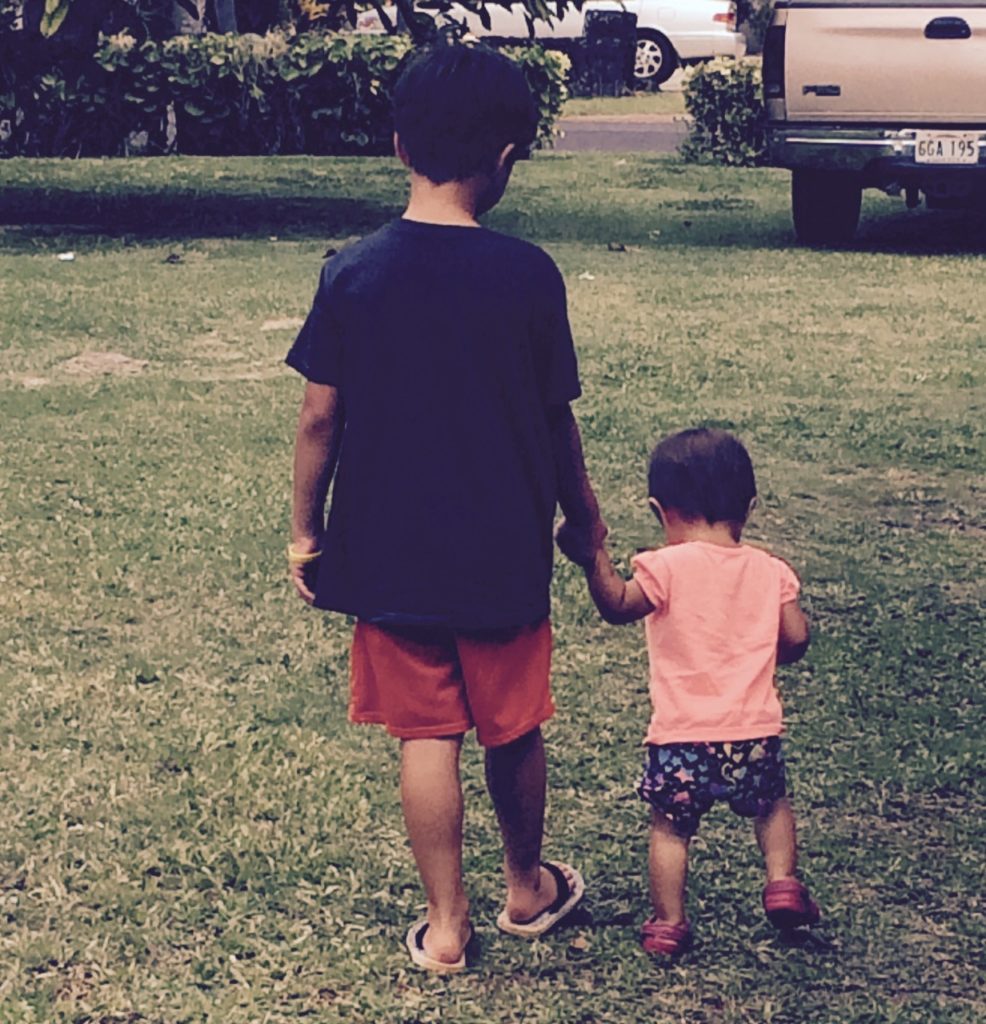What Kids of Divorce Want Their Parents to Know
 Many of us come from families in which our parents have gotten divorced. Children of divorced parents experience mental, emotional, and even physical strain that weighs heavy on them, not only in the early stages of divorce but also in various ways for the rest of their lives. While divorce is common these days, this does not lessen the hurt, sadness, anger, and confusion that children in these situations feel.
In my experience, here is what kids of divorce want their parents to know:
Many of us come from families in which our parents have gotten divorced. Children of divorced parents experience mental, emotional, and even physical strain that weighs heavy on them, not only in the early stages of divorce but also in various ways for the rest of their lives. While divorce is common these days, this does not lessen the hurt, sadness, anger, and confusion that children in these situations feel.
In my experience, here is what kids of divorce want their parents to know:
12 November, 2015
/ 1 Comment






